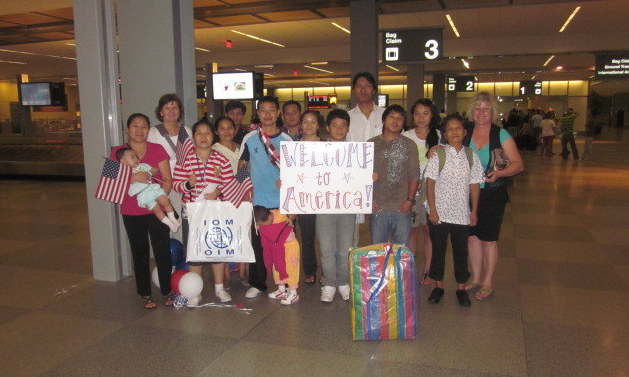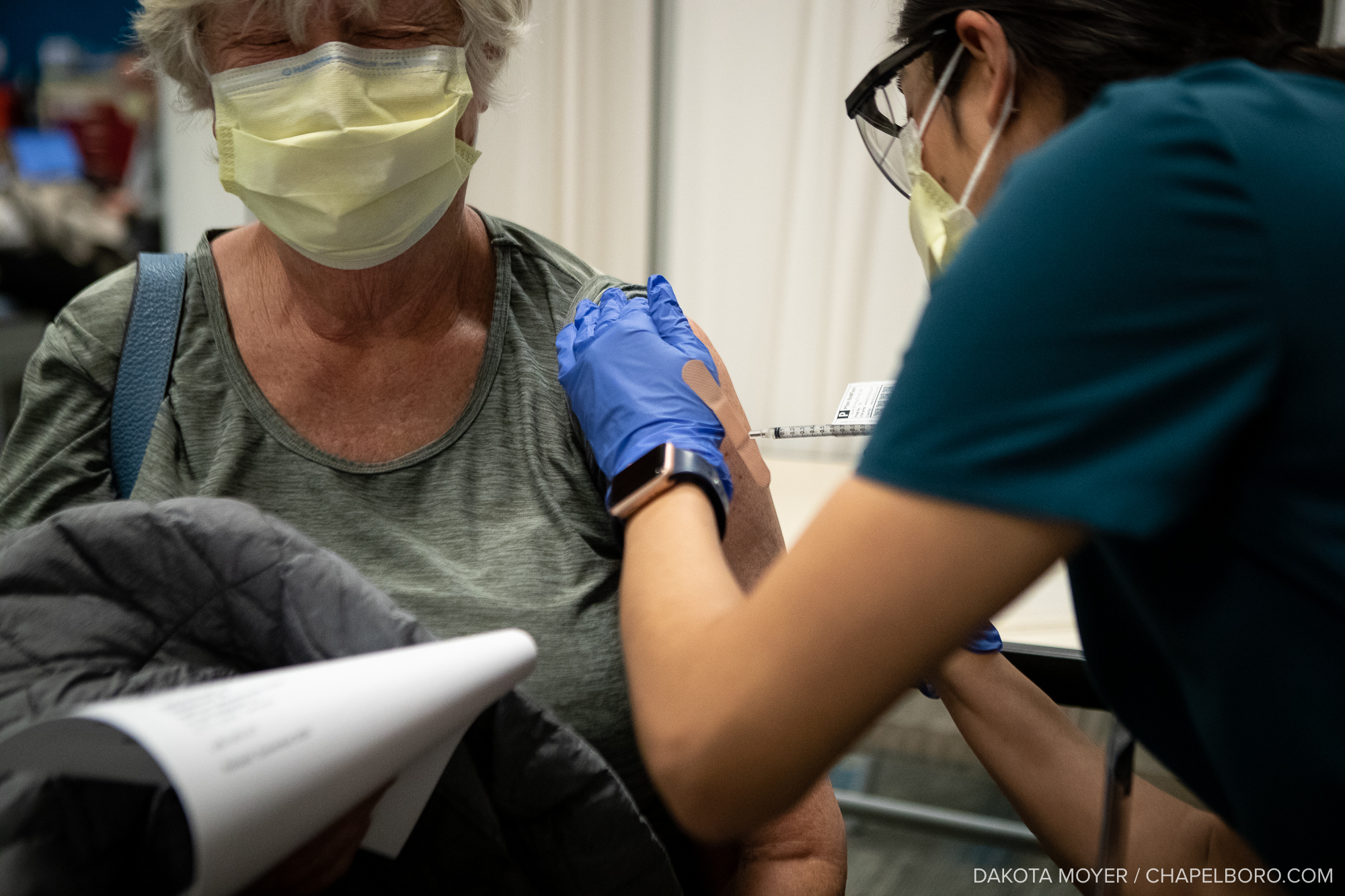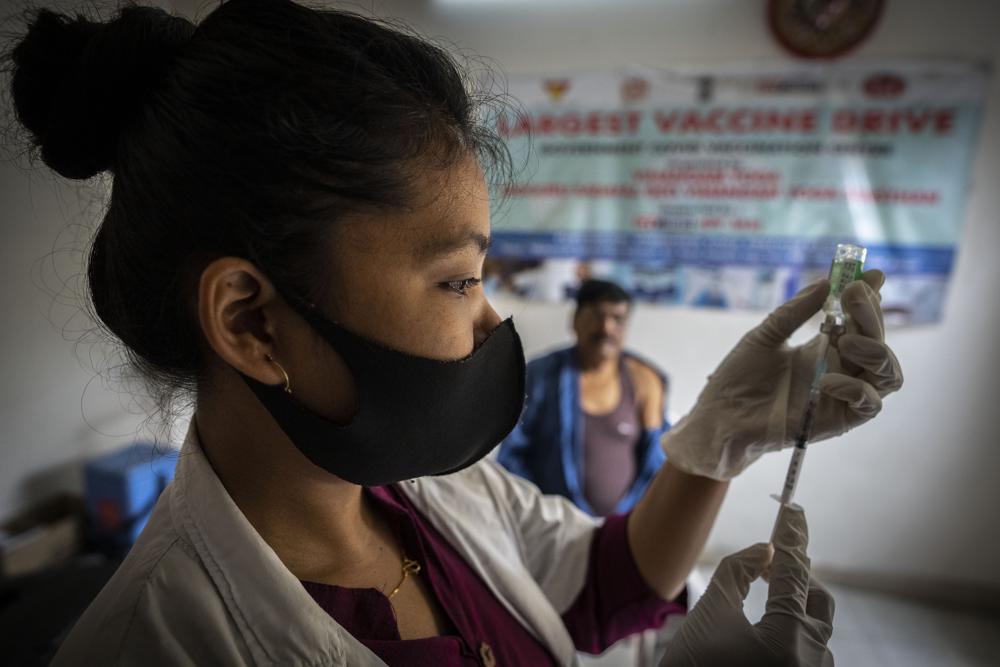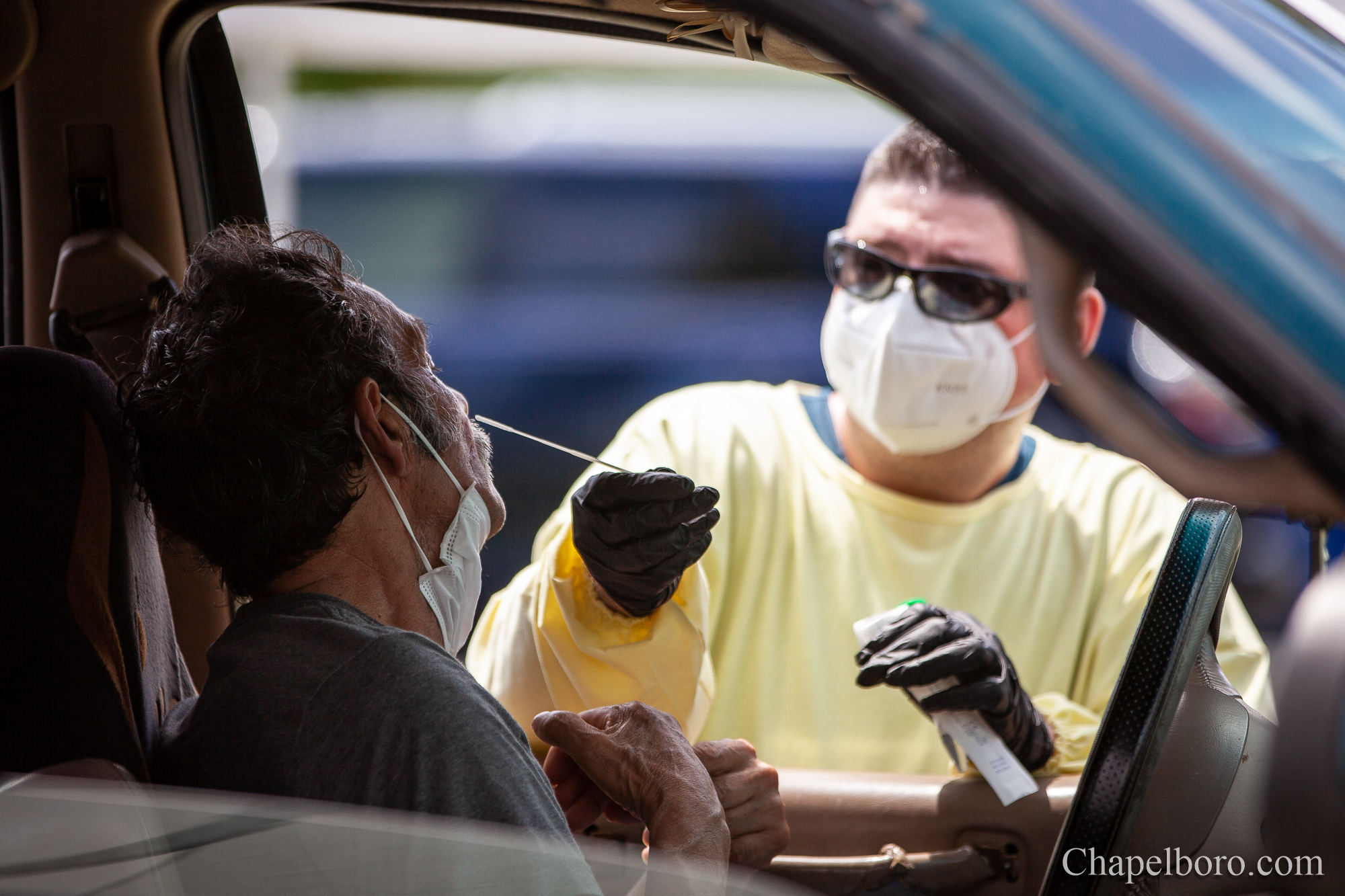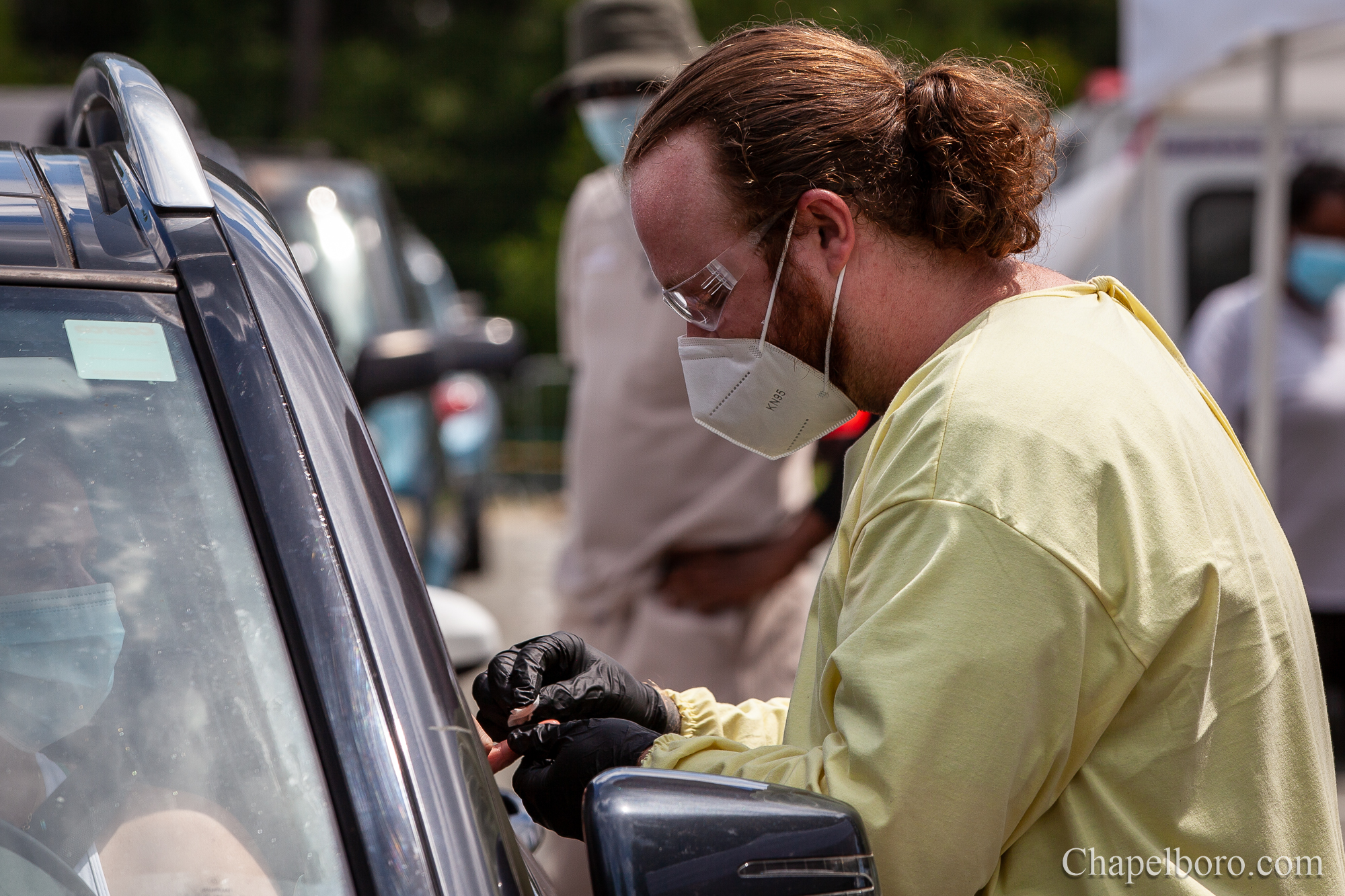With the novel coronavirus causing closures of town governments, local businesses and services, the community are beginning to feel the effects. This includes the diverse refugee population in Carrboro.
The Refugee Support Center helps people from all over the globe who are trying to adjust to life in this community. Members come to Carrboro from as close as Mexico and as far away as Syria and Burma with common goals.
Flicka Bateman, the founder and director of the Refugee Support Center, recently shared in an interview with 97.9 The Hill’s Aaron Keck the ways in which the people she works for have been impacted, and how the rest of the community can offer help.
Bateman and her team take it upon themselves to find ways to aid refugees with a variety of different services—including help with housing, finances, learning English and legal advice about their immigration status.
Much of what they do, however, has been affected by the coronavirus pandemic currently sweeping the globe.
A heavy reliance on volunteer workers—many of whom are UNC students that are unavailable or people of retirement age that are more vulnerable—has forced the center to put a hold on services such as in-home tutoring, citizenship classes and ESL classes in an attempt to stop the spread of the virus.
In the meantime, Bateman said the community can help in many different ways. The center’s current goal is to raise funds in order to buy grocery store gift cards, diapers and other essential items for those in need. The most pressing issue, though, is figuring out a way to pay their rent with many of their jobs having already been thrown into flux by the outbreak.
“I think the virus is impacting them significantly economically,” Bateman said. “Most of them work in service sector jobs. People aren’t going out to eat, so restaurants are laying off. People aren’t staying in hotels, so housekeepers are laying off. The University is shutting down. Food service and housekeeping there is shutting down. People who drive for Uber aren’t having people taking their cars very much. So it’s significantly impacting them in an economic way.”
While the economics of the issue are certainly at the top of the list, refugees at the center have a number of other worries compounding their fears.
“Overlay that with their general pervasive anxiety from living in poverty,” said Bateman, “and their general sense of ‘will my families come over’ and the current travel ban, the expanded travel ban, the lowering of the ceiling of refugees coming here—it’s stressing the community out.”
Although the in-home tutoring and after-school programs offered by the support center have been shut down, the Refugee Support Center is working on ways to connect remotely or through the phone to these people in a way that is productive.
On top of that, Bateman said families are having to make adjustments at home to compensate for the kids being there all the time.
“I think they’re handling it like all families,” Bateman said. “They’re going bonkers. They don’t know what to do.”
As this situation has continued to develop, Bateman has been appreciative of all the support she and her team have received but she also recognizes the amount of work it will take in order make it through this trying time.
“It’s just been wonderful,” Bateman said, of the support. “But we need more. We really, really could use so much more. These people don’t have vacation time. They don’t have savings. They have no fall back. And as I said, their most fearful thing is that they can’t pay their rent.”
To learn more about the Refugee Support Center and how to donate, visit their website.
Photo via Town of Chapel Hill.


